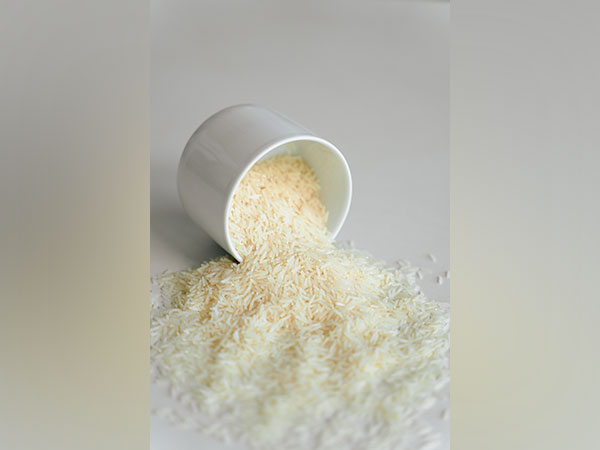New Delhi [India], July 16 (ANI): The central government has extended the exemption of a particular kind of inspection certificate that was needed for rice exports, both basmati and non-basmati, to certain European nations by another six months.
India banned the export of rice in July 2023 to control inflation and secure food security. However, some exports, in limited quantities, were allowed later, subject to laid out conditions.
Export to EU Member States and European countries namely the UK, Iceland, Liechtenstein, Norway, and Switzerland is permitted subject to the issuance of a Certificate of Inspection by the Export Inspection Council/ Export Inspection Agency.
“Certificate of Inspection by Export Inspection Council/ Export Inspection Agency shall not be mandatory for export to remaining European countries with effect from the date of this notification for a period of six months,” an official notification put out by the Ministry of Commerce and Industry said dated July 15.
Rice export to remaining European countries, those not mentioned above, will not require the Certificate of Inspection by Export Inspection Council / Export Inspection Agency for export from the date of the notification for a period of six months.
While initially amending the rice export policy, DGFT maintained that the export would be allowed based on permission granted by the government to other countries to meet their food security needs and based on the request of their government.
In late August last year, India also introduced additional safeguards by way of imposing a minimum floor price on exports of basmati rice (reportedly at USD 1,200 a tonne or more) so as to prevent exports of non-basmati white rice, which was already under the prohibited category since July.
The central government extended the 20 per cent export duty on parboiled rice till March 31, 2024. Rice which is partially boiled with husk is called parboiled rice.
India in September 2022 banned the exports of broken rice and imposed a 20 per cent duty on exports of non-Basmati rice, except for parboiled rice amid concerns about low production due to a fall in area under the paddy crop. It later lifted the ban in November. (ANI)












